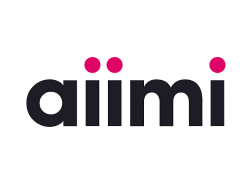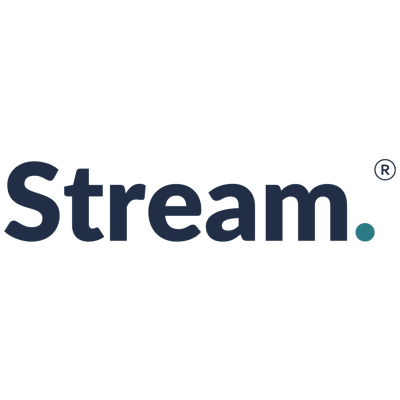How can we unlock the full potential of citizen science, open data, and risk modelling to create a clearer, shared understanding of the pressures on our waterbodies so that we can work together to protect them?
Challenge
Data is an essential part of the water ecosystem. It helps us to better understand water quality, flooding, pollution and more. Many groups and organisations gather data about the water environment as well as citizen science initiatives. Citizen science is where interested members of the public work together or alone to collect and analyse data from their local environment.
Across these different groups, there is a wealth of information about the health of the UK’s waterways, but it is distributed, fragmented and often inaccessible; constraining its full potential.
Data from citizen science initiatives could complement official data collection from water companies, regulators and more. In taking this approach, there is an opportunity to create a more holistic understanding of water in the UK and support better decision making. Currently however, there are barriers to this happening in a routine and systematic way.
Research conducted by Stream and the Open Data Institute identified several reasons for these barriers here in the UK. This hackathon and sprint seek to tackle two key barriers:
- The data collected by citizen scientists is currently underutilised because it is of unknown quality and can’t be easily accessed or joined up because it is not standardised and therefore is captured in a range of different formats and collection methods.
- There is no easy way for citizen scientists to identify what to sample where, how, and when to achieve maximum impact. In addition, there is no openly available way to see all potential pressures and risks displayed in an easy-to-use format to help inform citizen science planning.
The hackathon and design sprint will build on the collaborative groundwork laid by Stream: The open data platform designed to unlock the power of water data for better decision-making. It will seek to bring together individuals, groups and organisations that are equally passionate about driving positive change through better data access and use.
What will we do?
At IF25, we’ll bring together data experts, modellers, analysts, scientists, technologists, policy thinkers, environmental experts, and community advocates to move from idea to prototype across two connected tracks – a design sprint AND a hack.
This is the Design Sprint Track
HOW MIGHT WE co-design a national framework than creates trust and enables easier access to citizen science data SO THAT WE CAN unlock its potential to support research, innovation, policy, and investment decision making.
We will:
- Understand who the users and beneficiaries of citizen science contributions are
- Explore what a national data assurance framework for citizen science contributions might look like and build a proof-of-concept framework for water quality so that data from many sources can be combined and analysed together
- Define the roadmap to establishing a national assurance framework
How will we do it?
- Run parallel design and development streams (the latter with global participants), collaborating in real time and asynchronously.
- Integrate insights and outputs from previous hackathons held during Open Data Day, (March-25) and NICD’s Summer Innovation Bootcamp (June-25)
- Host deep-dive ideation sessions, rapid prototyping rounds, and lightning feedback loops across the five-day event
- Prepare key outcomes to feed into Open October, where we’ll test, refine, or expand on IF25 outputs ahead of further development and deployment.
Target Outcomes
By the end of IF25, we aim to deliver:
- A first concept version of a national citizen science data assurance framework
- Early prototypes of an open-source risk model to guide and prioritise citizen action
- A library of open data tools - dashboards, reporting templates, and analysis modules
- A roadmap for refining and piloting these tools ahead of Open October and future deployment
Who will benefit from this sprint?
- Citizen scientist individuals, groups, organisations and local communities who will gain better tools, visibility, and influence
- Regulators and environmental agencies, who will gain more robust, structured inputs to decision-making
- Tech and data teams across the private sector, who will access reusable open-source components, data and models to help clean up rivers, lakes and seas
- International partners, who can share and scale innovations to suit their catchment or climate contexts
- Policy and strategy leaders, with stronger evidence to drive joined-up environmental action



